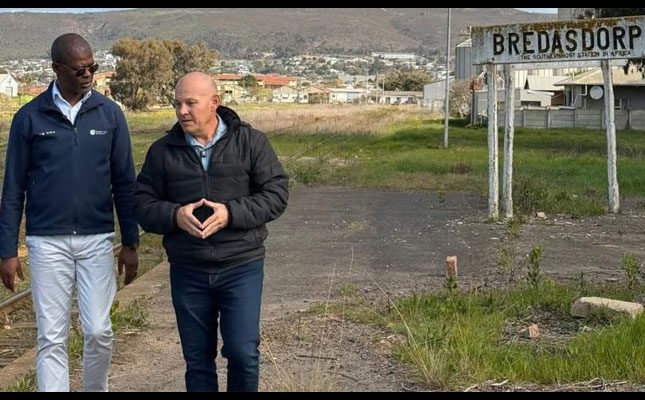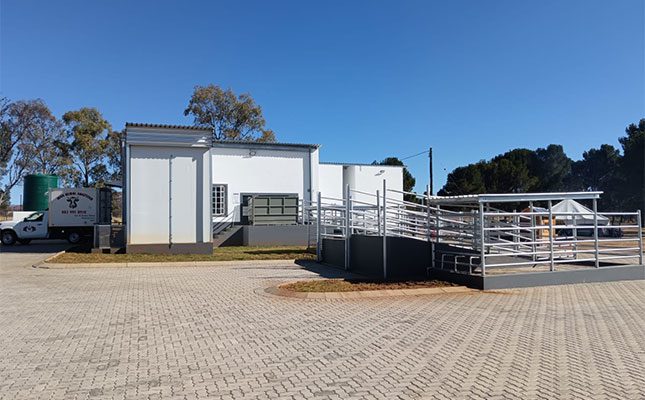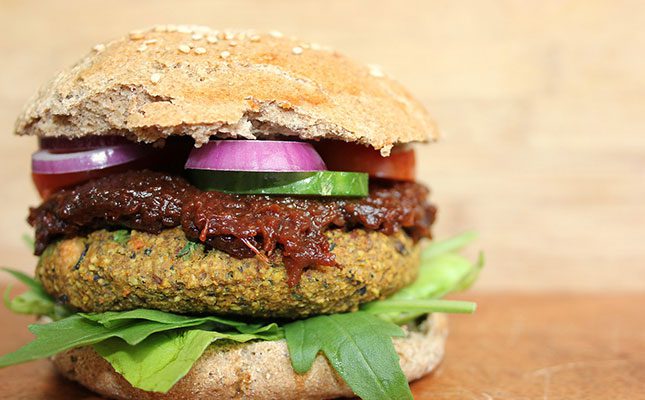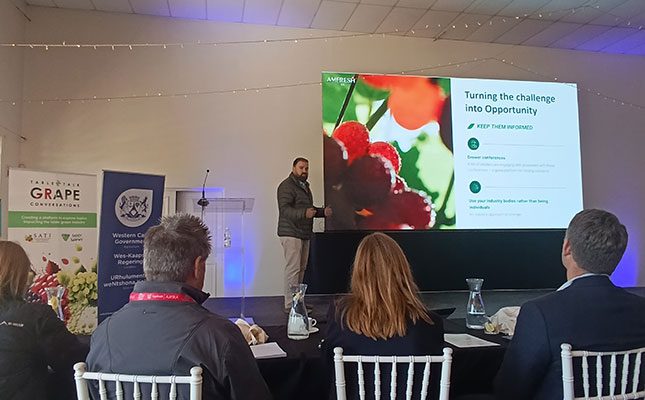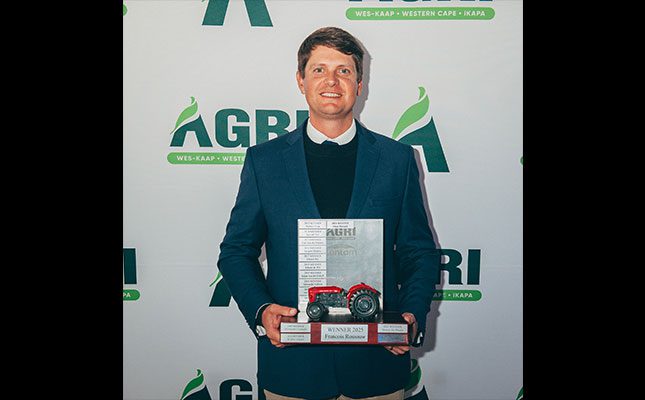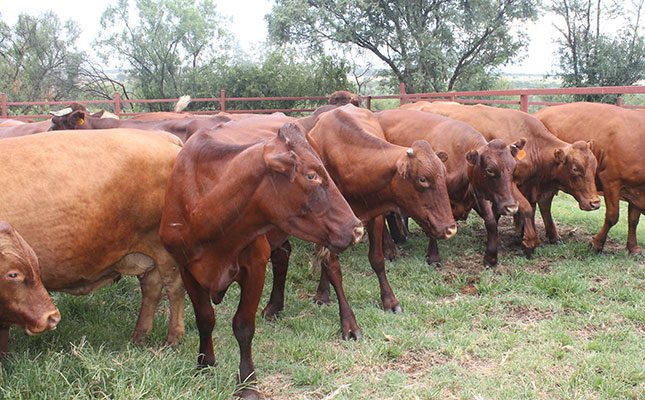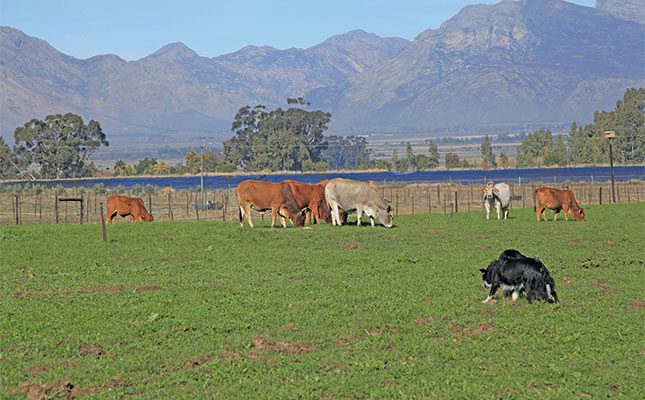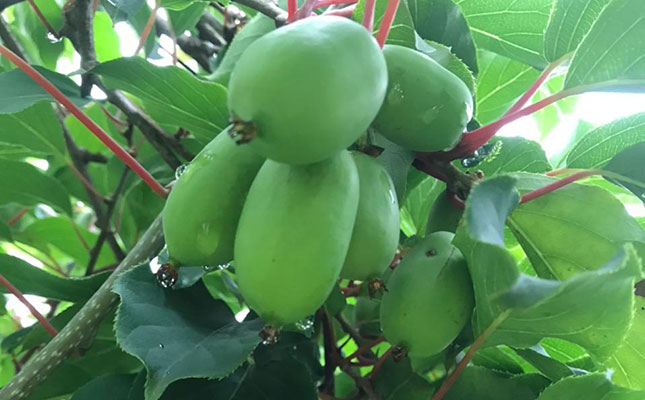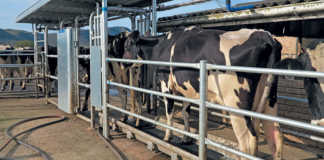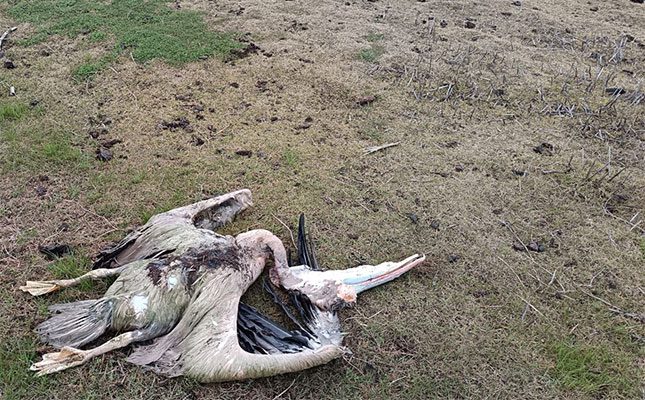
Izaak Breitenbach, general manager of the South African Poultry Association’s Broiler Organisation, told Farmer’s Weekly that 100 000 birds had been culled on each of the affected farms to contain the spread of this highly contagious disease. No additional outbreaks had been reported at the time of publication.
According to Breitenbach, the outbreaks were likely the result of primary infections caused by wild birds migrating from the EU and US, making the poultry industry particularly vulnerable to further outbreaks.
“We can contain the disease by culling and limiting the movement of chicken, but it is impossible to manage the wild birds,” he said.
He added that Astral Foods had obtained a permit to vaccinate its chickens against the HPAI strain responsible for the current outbreak, but it would take at least three weeks for the vaccinated birds to develop immunity.
READ Over 100 000 chickens culled as bird flu returns
“The rest of the industry remains at risk, relying solely on biosecurity and culling – which we know are not always effective – for disease prevention. What is particularly concerning is that these latest outbreaks occurred on farms I have visited before, and I know they follow very good biosecurity measures,” he said.
Breitenbach urged all poultry producers to reinforce their biosecurity protocols, including tightening access controls, disinfecting all vehicles and equipment entering farms, and closely monitoring flock health for early signs of infections.
He said some farmers had started using reflectors to deter wild birds and were spraying antivirals around their poultry houses to reduce the risk of infection from outside sources.
Prior to the two recent outbreaks, South Africa’s last HPAI outbreak occurred in 2023, resulting in the culling of more than 9,6 million birds. This accounted for over one-third of all long-living birds in the greater Gauteng area, where 90% of the layer population was either culled or died from the disease.
Breitenbach added that the minimum direct loss to the industry was estimated at R9,5 billion, covering only the cost of the loss of birds and egg production, and excluding biosecurity measures and carcass disposal.
READ Bird flu vaccine: protocol simplification vital for mass rollout
Unlike many developed countries, South Africa does not compensate farmers for losses associated with HPAI outbreaks.
In 2024, the Western Cape High Court ordered the National Department of Agriculture (the department) to compensate Moerasrivier Boerdery in George for the compulsory destruction of nearly 400 000 birds and over five million eggs during the 2021 HPAI outbreak. The department, however, has since appealed the ruling.
“So far, the disease is under control and should not have a major impact on production, provided no further outbreaks occur. But, if we suffer major losses like in previous outbreaks, the industry will take a terrible knock, with serious consequences for food security and the prices of poultry meat and eggs,” Breitenbach said.
Francois Baird, founder of FairPlay, an NPO advocacy movement that fights dumping and predatory trade, said in a recent newsletter that strict conditions imposed by the department had delayed the start of a vaccination programme by nearly two years.
“[The recent outbreaks] need not have happened. Vaccination – an essential weapon against [avian influenza] – could have started two years ago. The country could have been well on the way by now to substantial immunity among the national chicken flock, but bureaucracy got in the way, and not one chicken has yet been vaccinated,” he said.

